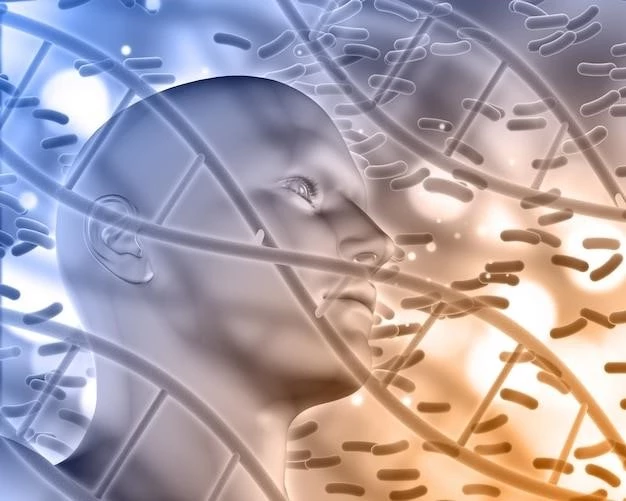Introduction
Short-chain acyl-CoA dehydrogenase (SCAD) deficiency is an inherited metabolic disorder affecting fatty acid oxidation, caused by mutations in the ACADS gene.
Overview of SCAD Deficiency
Short-chain acyl-CoA dehydrogenase (SCAD) deficiency is a rare genetic condition affecting the body’s ability to convert specific fats into energy, classified under fatty acid oxidation disorders. It is caused by mutations in the ACADS gene leading to enzymatic deficiencies in fatty acid metabolism. Individuals with SCAD deficiency may exhibit various symptoms, including vomiting, hypoglycemia, lethargy, poor feeding, and failure to thrive. The condition can manifest in infancy or early childhood and can be identified through screening methods measuring C4 acylcarnitine levels in the blood.

Clinical Presentation
SCAD deficiency manifests symptoms such as vomiting, hypoglycemia, lethargy, poor feeding, and failure to thrive, primarily appearing in infancy or early childhood.
Symptoms of SCAD Deficiency
Individuals with SCAD deficiency may experience symptoms such as vomiting, hypoglycemia, lethargy, poor feeding, and failure to thrive. These manifestations typically appear during infancy or early childhood and can be triggered by fasting or illness. SCAD deficiency can impact the body’s ability to convert certain fats into energy, leading to metabolic disturbances that affect overall health. In some cases, the symptoms may resemble those of more severe conditions like Reye syndrome, causing confusion during diagnosis.
Genetic Basis
SCAD deficiency is caused by mutations in the ACADS gene, leading to a shortage of the enzyme short-chain acyl-CoA dehydrogenase crucial for breaking down specific fats in the body.
ACADS Gene Mutations
SCAD deficiency is primarily linked to mutations in the ACADS gene, which results in a shortage of the essential enzyme short-chain acyl-CoA dehydrogenase crucial for breaking down specific fats in the body. These genetic alterations hinder the effective metabolism of short-chain fatty acids for energy production, leading to metabolic disruptions and potential health complications.
Diagnosis and Screening
SCAD deficiency can be identified through screening methods measuring C4 acylcarnitine levels in the blood to confirm the presence of this metabolic disorder.
Methods for Identifying SCAD Deficiency
Screening for SCAD deficiency involves measuring C4 acylcarnitine levels in the blood, which can highlight abnormalities in fatty acid metabolism. Diagnosing individuals with SCAD deficiency typically involves genetic testing to identify mutations in the ACADS gene, confirming the enzymatic deficiencies responsible for the disorder.

Treatment and Management
As most individuals with SCAD deficiency are asymptomatic, treatment typically involves avoiding fasting through frequent feeding. For symptomatic cases, management may mirror approaches used for fatty acid oxidation disorders.
Approaches to Managing SCAD Deficiency
Management of SCAD deficiency primarily involves frequent feeding to prevent fasting, especially in asymptomatic cases. For symptomatic individuals, approaches similar to those used for other fatty acid oxidation disorders can be implemented, focusing on providing appropriate nutrition and energy support to mitigate potential complications associated with the condition.
Research and Studies
Studies on SCAD deficiency focus on genetic mutations, metabolic disturbances, and the impact of enzymatic deficiencies, paving the way for improved diagnostics and management strategies.
Current Understanding and Areas of Investigation
Current research on SCAD deficiency focuses on genetic mutations in the ACADS gene, metabolic disturbances related to enzymatic deficiencies, and exploring improved diagnostic methods and management strategies. Investigations also aim to understand the wide-ranging clinical presentations of individuals with SCAD deficiency, seeking to enhance treatment approaches and quality of life for affected individuals. Studies continue to explore the complex nature of this rare metabolic disorder, emphasizing the importance of early detection and personalized care.
Impact on Patients
SCAD deficiency affects individuals by hindering the body’s ability to convert specific fats into energy, potentially leading to various symptoms and challenges, impacting their overall well-being.
Quality of Life and Prognosis for Individuals with SCAD Deficiency
Individuals with SCAD deficiency have varying symptoms and prognosis. Some remain asymptomatic, while others may experience challenges related to energy production and metabolic disruptions, impacting their overall well-being. The quality of life for affected individuals relies on early detection, personalized care, and the implementation of suitable management strategies to address specific symptoms and ensure optimal health outcomes.
SCAD deficiency presents variable symptoms and prognosis, emphasizing the importance of early detection, personalized care, and optimal management strategies for affected individuals.
Summary of SCAD Deficiency and Future Directions
SCAD deficiency presents a diverse array of symptoms with varying prognoses, emphasizing the critical role of early detection, personalized care, and effective management strategies. Ongoing research aims to enhance diagnostic methods, refine treatment approaches, and understand the complex nature of this metabolic disorder better, ultimately striving to improve the quality of life and outcomes for individuals affected by SCAD deficiency.
